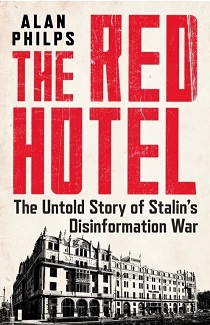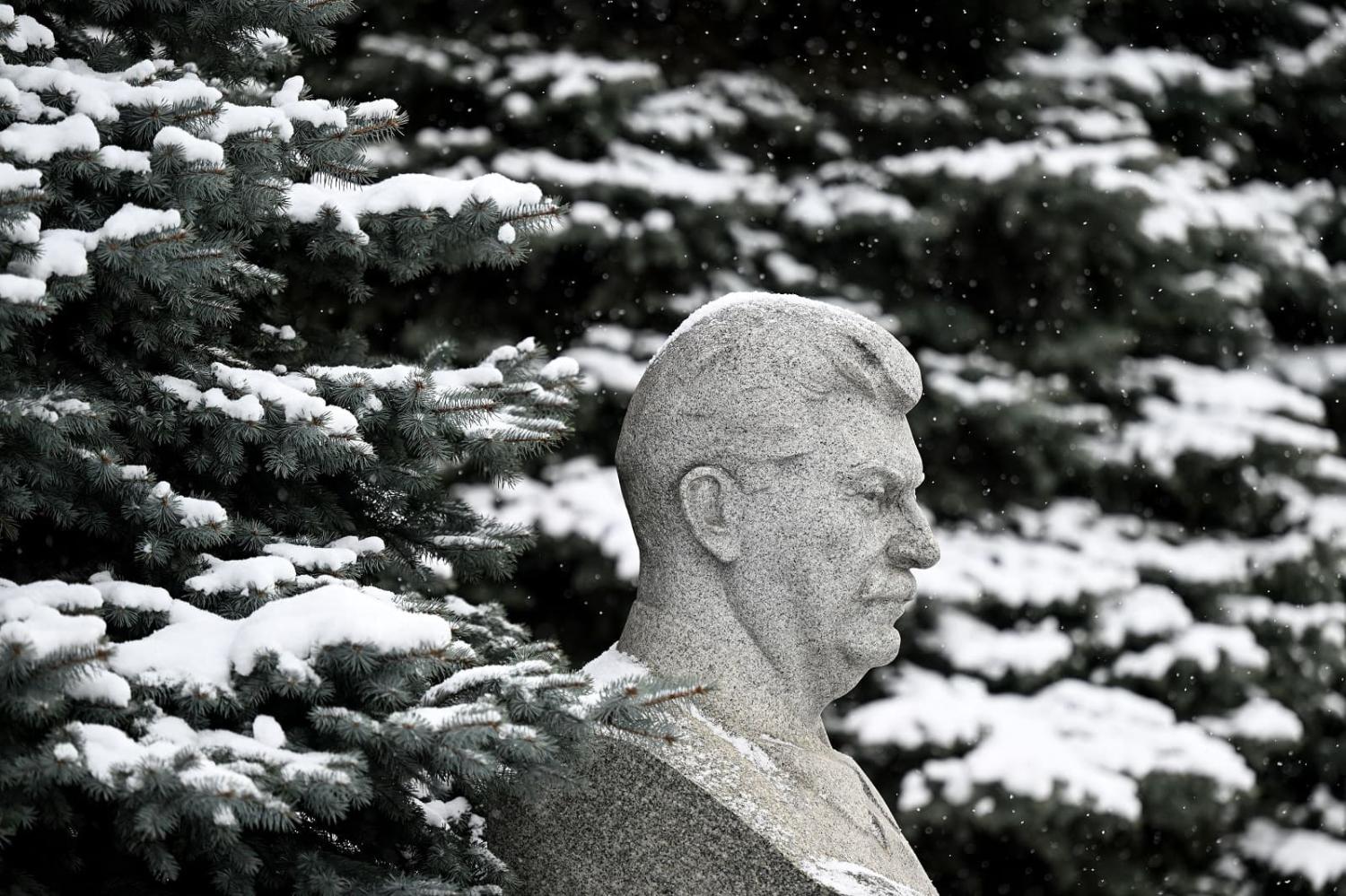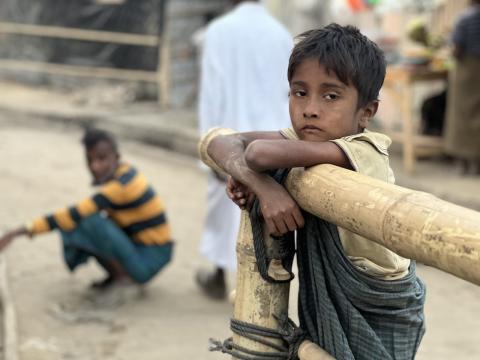 Book review: Alan Philps, The Red Hotel (Headline, 2023)
Book review: Alan Philps, The Red Hotel (Headline, 2023)
In war, truth is supposed always to be the first casualty. We owe that insight to an isolationist American Senator, Hiram Johnson. To Alan Philps, author of The Red Hotel, we owe a lucid account of how Stalin’s minions applied and weaponised denial of access to the truth to Western journalists during the Second World War. Himself a veteran Moscow correspondent, having served three terms in the city, Philps provides a vivid, chatty, discursive account of expatriate life there.
Any commentary on reporting from the Eastern Front (1941–45) should begin with praise for Vasily Grossman, whose unsparing, unflinching observations of the fighting produced compelling stories, then two exceptional novels (Life and Fate and Stalingrad). Philps’ subjects, marooned in Moscow’s Metropol Hotel, lacked Grossman’s contacts, status and mobility – and perhaps also some of his bravery and elan.
Lessons taught in The Red Hotel echo in any contemporary debate about fake news, propaganda or the withering of our commitment to the truth. Soviet officials deployed a wide repertoire of tricks to seduce or suborn, muzzle or mollify, foreign journalists. Their intention was explicitly outlined by the Soviet minder: “news is agitation through facts” (specifically and solely the Soviet version of facts).
Soviet control of the narrative sometimes reduced the resident journalists to the invidious status of what Lenin called “useful idiots”. Philps describes, for instance, one excursion when they were “led like children in a kindergarten crocodile”. After all, in terms of diversions and subterfuge, the notion of a Potemkin village was a Russian invention.
Moscow’s constraining devices included denial of visas, thorough censorship of copy, limits on travel, bans on unauthorised contact with locals, evacuation for a while to Kuibyshev, even the rationing of radio sets. When tempted to appease their guests, the Russians provided hot water, occasional female company (when useful) and caviar to otherwise dark, dingy rooms in the Metropol (renowned now as the setting for Amor Towles’ wonderful novel, A Gentleman in Moscow). Dictatorships in Myanmar, North Korea or Iran might well take notes from the Soviet playbook. Vladimir Putin seems to have done so.
Apart from the odd expostulation or rare escapade, the Soviet restrictions worked. Philps is especially interesting when recounting a staged visit to the site of the Katyn massacre. One reporter did have enough gumption to raise a toast to a free press at a function that Stalin attended. A few intrepid local assistants, who diligently interpreted both language and context for the foreigners, are rightly praised.
What would have happened had more intrepid reporters been sent to Moscow, folk like Martha Gellhorn or Marie Colvin, Ernie Pyle or Alan Moorehead? Perhaps they might have been just as frustrated. Official constraints left few opportunities for any scoops like Gareth Jones’ earlier exposure of Ukraine’s Holodomor, or even a critique such as Keith Murdoch’s Gallipoli letter. Leaving Grossman aside, readers had to wait half a century for a thorough appraisal of the plight of ordinary Soviet soldiers (in Ivan’s War by Catherine Merridale).

